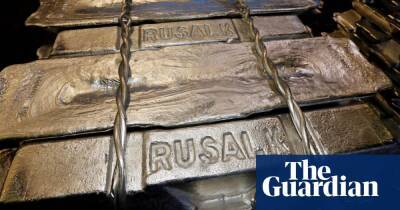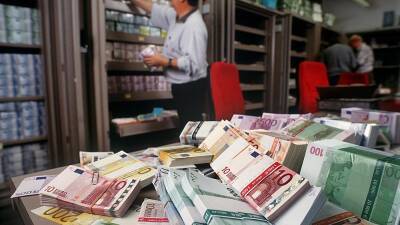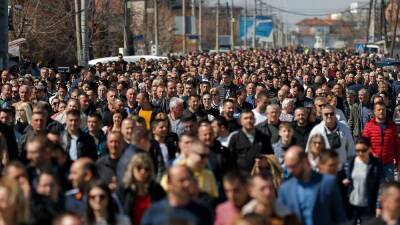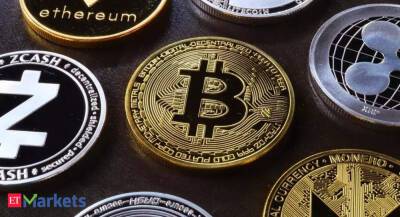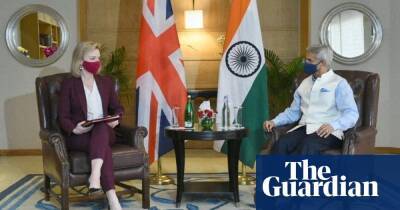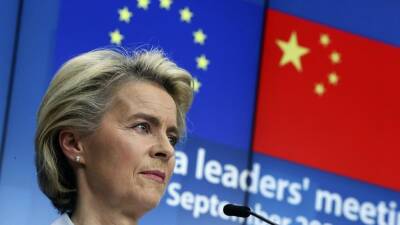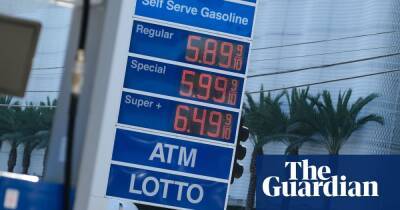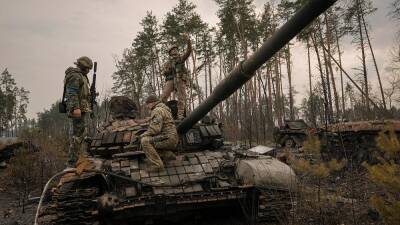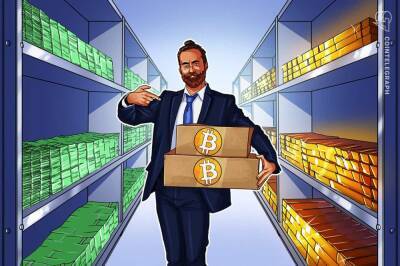Analysis: How the EU's gas addiction is helping Russia's war machine
It’s been more than a month since Russia launched its invasion of Ukraine and the European Union is taking a moment to look back at the most frantic month in its history.
Watching a war unfold on the EU's doorstep, Brussels unleashed a raft of sanctions unlike anything the bloc had ever imposed.
If past conflicts were characterised by lethargic action, internal trifles and factionalism, Russia's war in Ukraine has injected the EU with a renewed spirit of determination, ironclad unity and unheard-of speed.
The 27 countries have punished almost every imaginable sector of the Russian economy: the central bank, the financial system, the aircraft industry, semiconductors, luxury goods, state-owned media – they all have fallen victim to the EU’s retaliation.
The pain from the far-reaching measures is already being felt inside Russia: Western companies have left the country en masse, inflation has soared to 12.5%, foreign reserves have turned inaccessible and the prospect of a sovereign default looms large over the whole country.
But the Kremlin, unfazed by international condemnation, continues its military campaign, even if the advance has mostly stalled on the ground and Ukrainian forces battle to push the invading army out. For the EU, the stagnation offers a chance to catch its breath and take stock.
The respite comes after a failed attempt to slap an embargo on Russian oil products, one of Moscow’s most profitable sources of revenue. The proposed punishment, already introduced by the United States, proved too much to bear for some oil-dependent EU countries, who feared the potential disruption from such a radical move would inevitably outweigh all its possible benefits.
With the energy ban off the table, at least for the time
Read more on euronews.com




